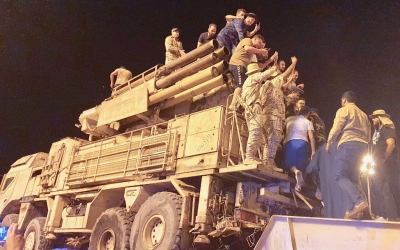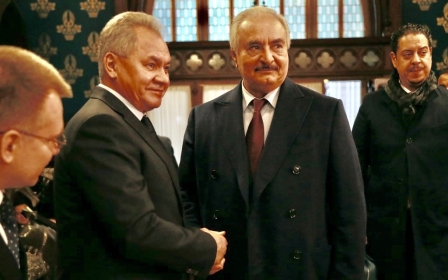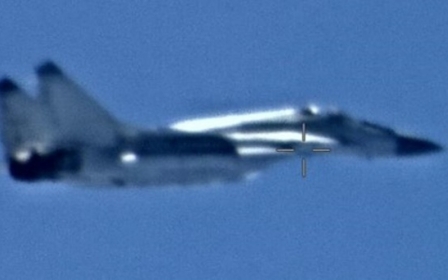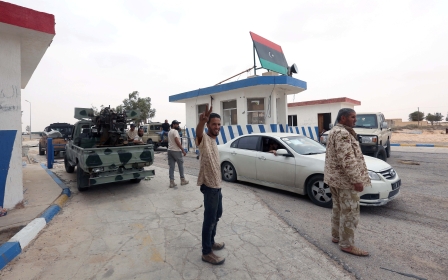Libya capital Tripoli: Rocket fire kills five civilians
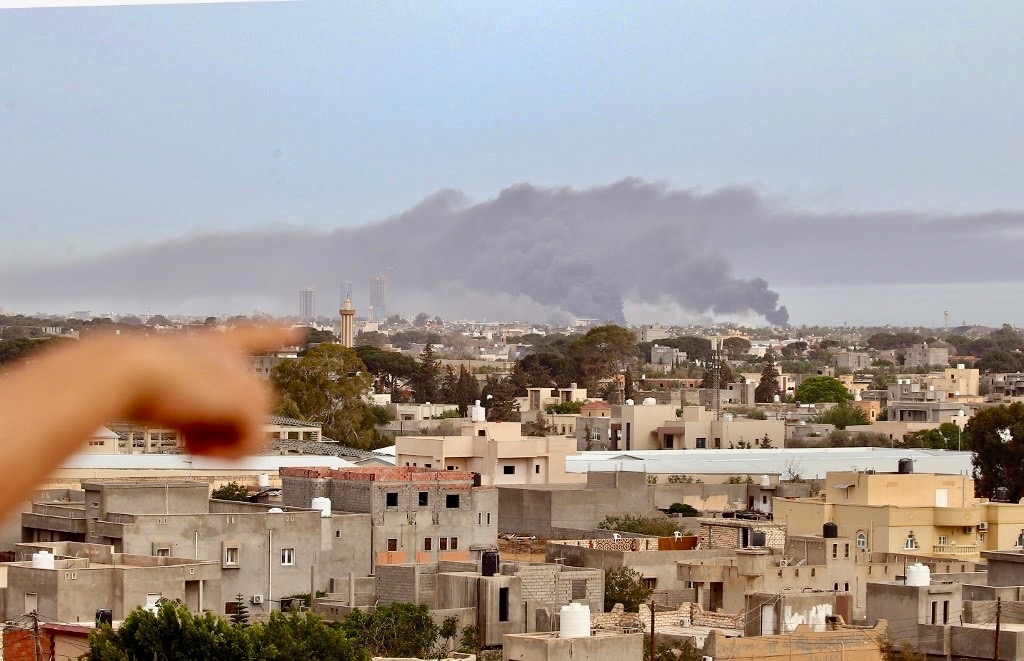
Rocket fire on the Libyan capital killed at least five civilians on Sunday, the UN-recognised government said, blaming rival forces of Khalifa Haftar for the attack.
"Five civilians were killed and 12 wounded" when five rockets crashed into residential sectors of Tripoli, said Amine al-Hachemi, spokesman for the health ministry of the Government of National Accord (GNA).
New MEE newsletter: Jerusalem Dispatch
Sign up to get the latest insights and analysis on Israel-Palestine, alongside Turkey Unpacked and other MEE newsletters
The incident highlighted a continuing risk to civilians despite a relative lull in fighting around Tripoli since Haftar’s eastern-based forces staged partial withdrawals earlier this month, Reuters said.
Several of the wounded were in serious condition, including one who underwent a limb amputation, Hachemi added, as cited by AFP.
He said forces of Haftar, who control much of eastern and southern Libya, targeted the Soug el-Tlath roundabout and Gharbi street in the centre of Tripoli.
The UN mission to Libya has condemned "indiscriminate attacks" on civilian areas of Tripoli that it says are mostly attributable to forces affiliated with Haftar's Libyan National Army (LNA).
The LNA has been waging an offensive on Tripoli since last April, though it has recently suffered setbacks amid the latest escalation of foreign involvement in the conflict.
The conflict - exacerbated by the involvement of foreign powers - has so far killed hundreds of people, many of them civilians, and forced the displacement of 200,000 others.
Although the battle for Tripoli has stalled on the ground, the south and centre of the capital have been targets of indiscriminate rocket fire and drone attacks in recent weeks.
Haftar's forces have also lost key positions to pro-GNA forces elsewhere in the country since April.
During the first week of May, at least 15 civilians were killed and 50 others wounded in rocket and drone attacks on Tripoli.
Middle East Eye delivers independent and unrivalled coverage and analysis of the Middle East, North Africa and beyond. To learn more about republishing this content and the associated fees, please fill out this form. More about MEE can be found here.


